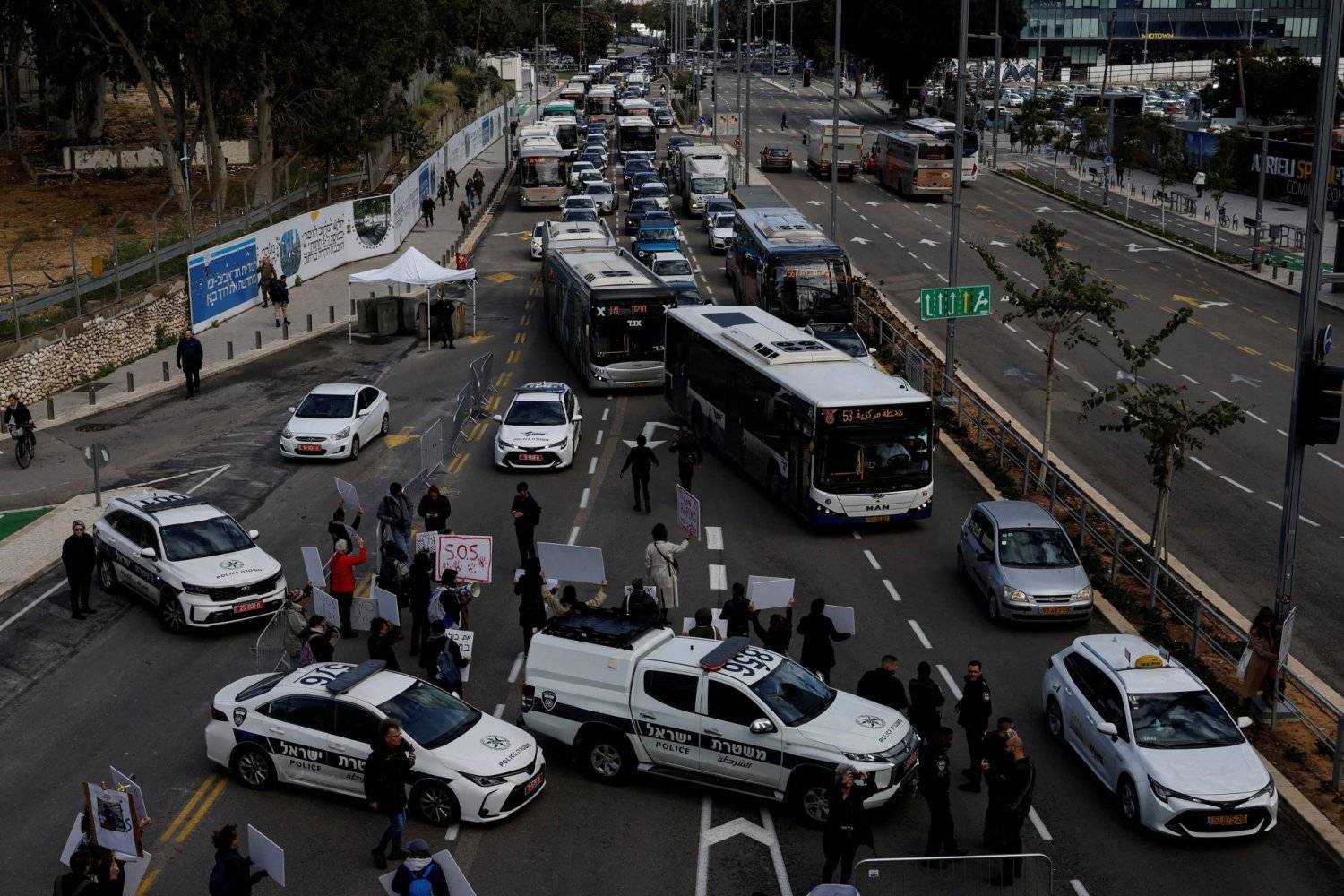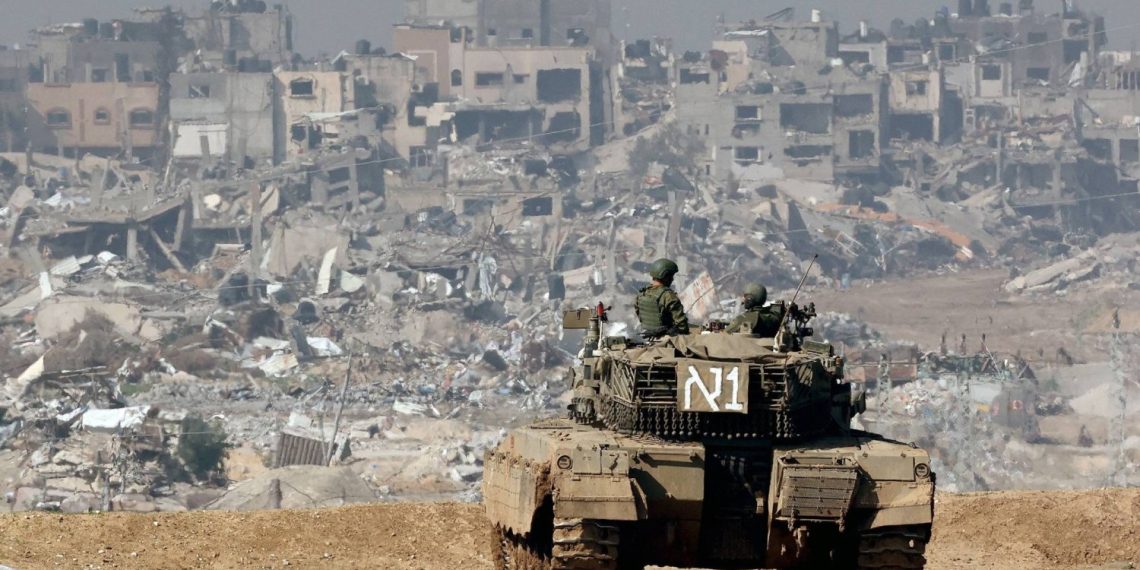Hamas has concluded discussions in Cairo regarding a ceasefire and is now awaiting the outcome of weekend negotiations with Israel, marking a significant effort to end the ongoing conflict.
Mediators are intensifying their efforts to secure a ceasefire in Gaza, particularly to prevent a potential Israeli assault on Rafah, where over a million displaced individuals seek refuge. Israel has warned of an impending attack on Rafah if a truce is not agreed upon soon, with the United States urging restraint to prevent civilian casualties.
Hamas leader Ismail Haniyeh engaged in talks with Egyptian mediators in Cairo this week, his first visit since December. Israel is expected to join discussions in Paris over the weekend, involving U.S., Egyptian, and Qatari mediators.
Egyptian intelligence chief Abbas Kamel is slated to lead talks with the Israelis in Paris after meeting with Hamas leader Haniyeh. Israel has yet to publicly comment on the Paris negotiations.
A Hamas official, speaking anonymously, revealed that no new proposals were put forth during talks with the Egyptians. Instead, Hamas awaits the outcome of the upcoming discussions between mediators and Israeli representatives in Paris before making further decisions.
In response to escalating violence, Israeli Prime Minister Benjamin Netanyahu presented his security cabinet with a plan for Gaza’s post-conflict future. Netanyahu emphasized Israel’s intention to maintain security control over Gaza following the defeat of Hamas while sidelining the Palestinian Authority based in the West Bank.

This proposal contrasts with Washington’s preference for a reformed Palestinian Authority to play a role in Gaza’s governance.
Amidst the diplomatic maneuvers, Israeli airstrikes and tank shelling targeted various areas across Gaza overnight, resulting in numerous casualties and widespread destruction.
The city of Rafah, hosting a significant portion of Gaza’s displaced population, bore the brunt of the assault, with airstrikes claiming the lives of innocent civilians, including children. The cycle of violence continues to escalate, further deepening the humanitarian crisis in the region.














